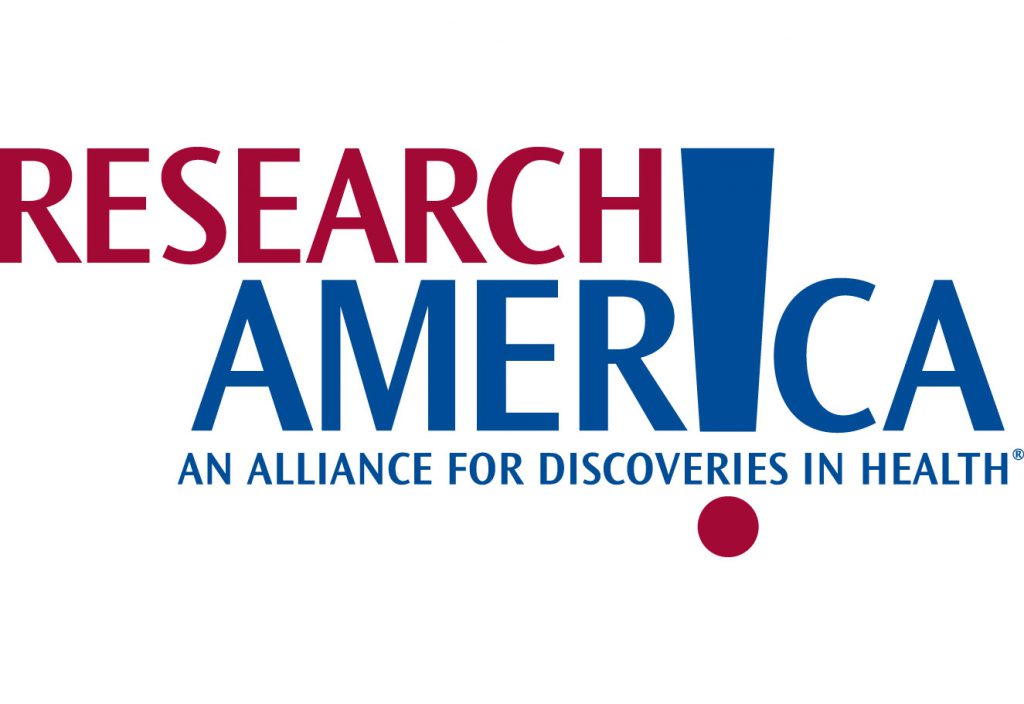Microgrant Opportunity: Increasing Scientific Awareness Among US Election Candidates

The deadline for this opportunity has been extended to Friday, August 10, 2018.
Research!America has released a request for project proposals from student- and postdoc-led science policy groups for their Bipartisan Candidate Engagement Initiative. The purpose of this initiative is to emphasize civic engagement and the importance of scientific research, innovation, and public health in the US. Research!America is especially interested in project proposals that encourage interaction with candidates ahead of and during the 2018 midterm elections and engage with the community.
According to Research!America, competitive proposals will address the following factors:
- Collaboration: Network and initiate projects with other science policy groups
- Accessibility: Include materials (e.g., sample messages) that will be available to other groups
- Innovation: Explore a new idea or project that has not yet been attempted
- Civic engagement: Engage local communities
- Diversity: Does the proposal engage a diverse group of young scientists?
Specific to Research!America’s Bipartisan Candidate Engagement Initiative is the request for inclusion of examples of activities that will engage candidates running for national office and local communities. Examples of activities can be found on the application website. Applicants are also encouraged to send event photographs, videos, and other shareable materials that might be posted on Research!America’s website or social media platforms.
Proposals are due by Friday, August 10, 2018. For more information about this funding opportunity, read the full request for proposals here.
Research!America’s opportunity is posted online in collaboration with the National Science Policy Network (NSPN), a group which serves as a resource portal for early-career scientists involved in science policy, diplomacy, and advocacy. Learn more about the NSPN here.





APS regularly opens certain online articles for discussion on our website. Effective February 2021, you must be a logged-in APS member to post comments. By posting a comment, you agree to our Community Guidelines and the display of your profile information, including your name and affiliation. Any opinions, findings, conclusions, or recommendations present in article comments are those of the writers and do not necessarily reflect the views of APS or the article’s author. For more information, please see our Community Guidelines.
Please login with your APS account to comment.